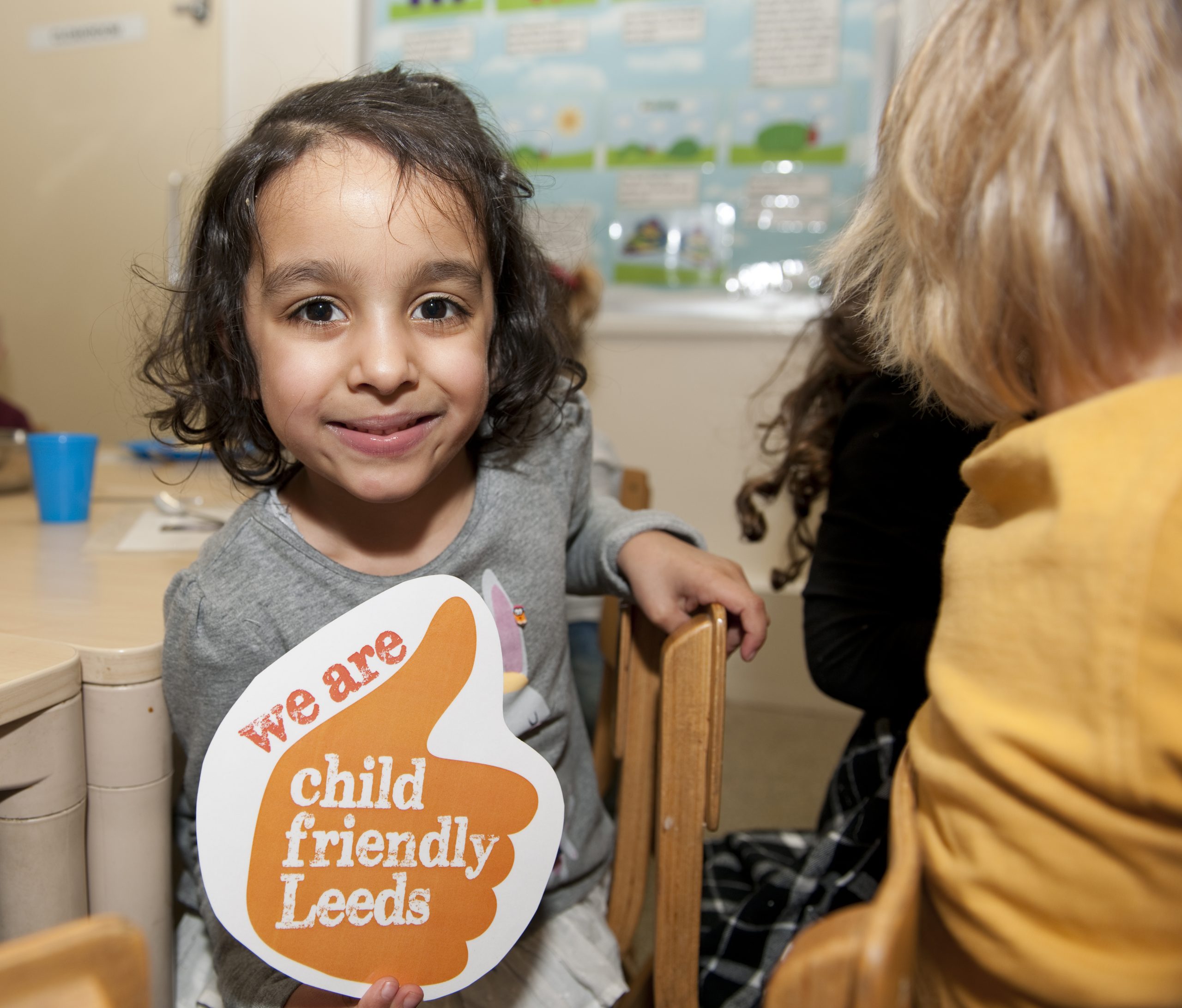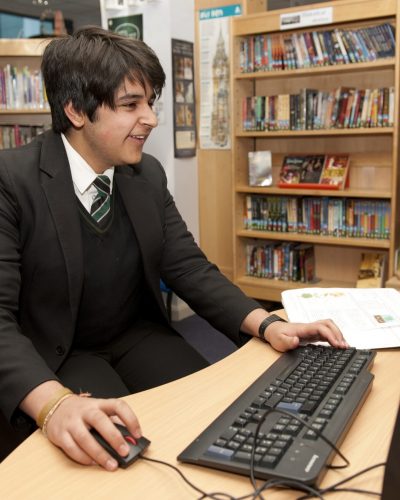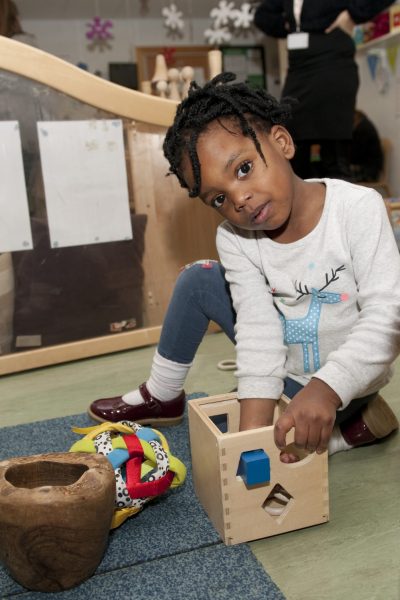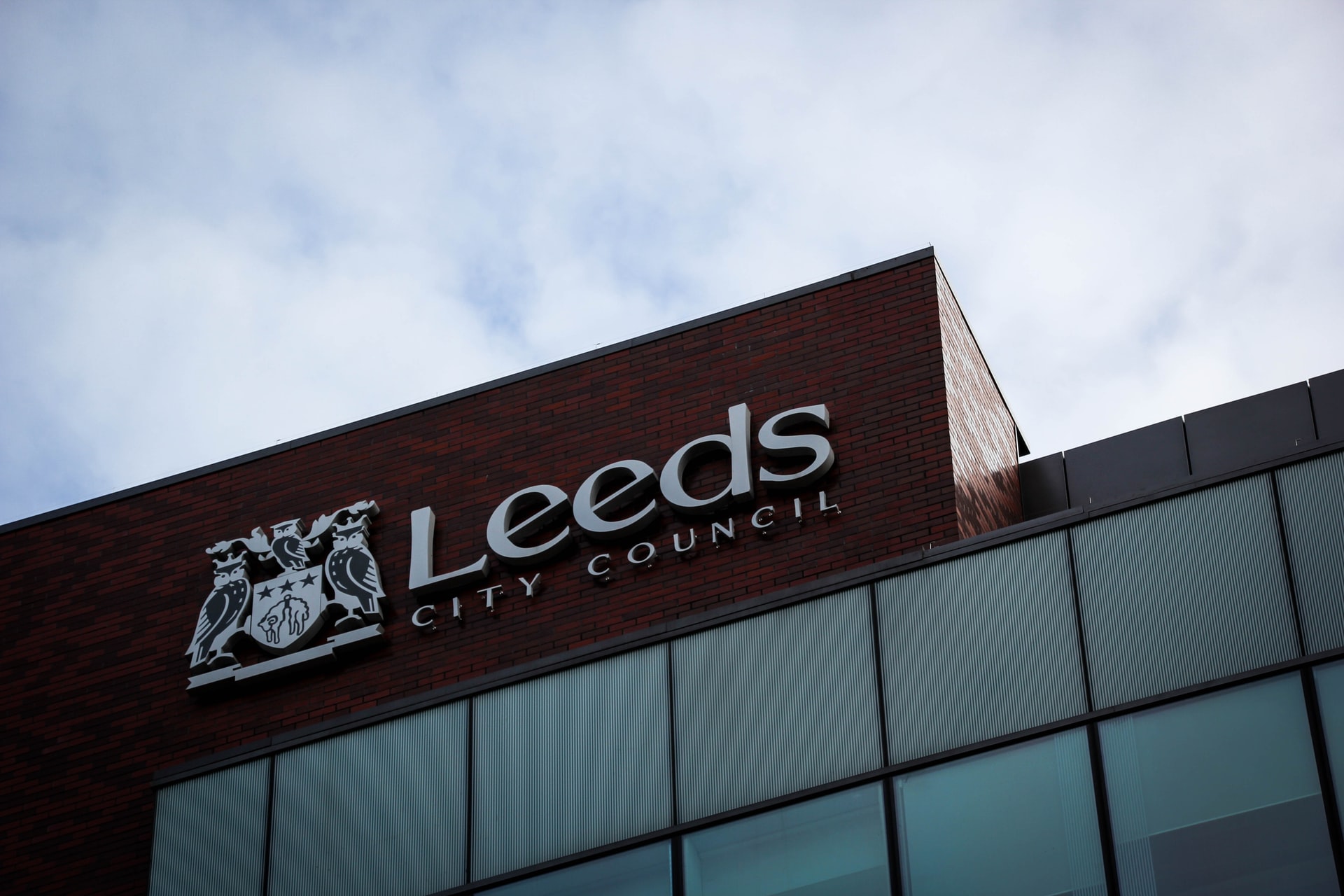





If you are interested in accessing support from Leeds at either tier two or tier three, please
contact us via [email protected], or call 0113 378 0655 for an initial discussion.
During the course of the five-year Strengthening Families Protecting Children programme, Leeds will work with six local authorities to adapt and implement our Family Valued approach within their own context. Those authorities have been jointly selected by Leeds and the Department for Education, and they are: Darlington, Warwickshire, Newcastle-upon- Tyne, Coventry, Solihull and Sefton. For more information about the programme, please see the Strengthening Families Protecting Children page.


From our sector-led improvement work, we have learned just how much different local authorities vary in terms of their geographical, economic, political and social context, and so we feel it’s useful to set out some of these key facts in relation to Leeds, so that our improvement journey can be understood in context. In brief – Leeds is big, it is diverse and it has pockets of considerable deprivation next to pockets of considerable wealth. All of these factors bring their own opportunities and challenges.
Leeds is in the county of West Yorkshire and in the Yorkshire and the Humber region. Leeds City Council is the second-largest local authority in the country after Birmingham, and covers a considerable geographical area, measuring 15 miles east to west and 13 miles north to south. Leeds is served by eight MPs and 99 city councillors. Leeds is one of the UK’s Core Cities, alongside Birmingham, Bristol, Cardiff, Glasgow, Liverpool, Manchester, Newcastle, Nottingham and Sheffield. Leeds is served by the West Yorkshire police force, the NHS Leeds Clinical Commissioning Group (CCG), the Leeds Community Healthcare Trust, Leeds Teaching Hospital Trust and Leeds and York Partnership Foundation Trust. The city hosts four universities and has the fourth-highest student population in the country.




From 2018 data (published in 2019), the under 16 population in Leeds is 166,176 and has been increasing in recent years. Leeds is a diverse city in a number of ways, including in relation to affluence; while 32% of the 0-16 years population live in the 10% most deprived areas in England, 13% live in the 20% least deprived areas. Figures from August 2016 indicated that 20% 0-19 year olds in the city were living in low income families, while 18.6% of primary and 16.7% of secondary pupils are entitled to free school meals, and in 2019/20, 35,690 pupils were eligible for pupil premium funding. From 2019 figures, 36.1% of primary and 32.6% of secondary pupils are from black and minority ethnic (BME) backgrounds, while 22.6% of primary and 17.3% of secondary pupils speak English as a second or additional language.
[/vc_column_text][/vc_column_inner][/vc_row_inner][/woodmart_popup]
